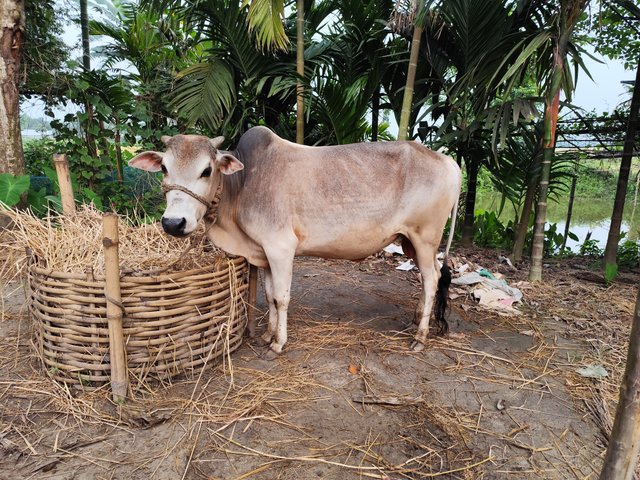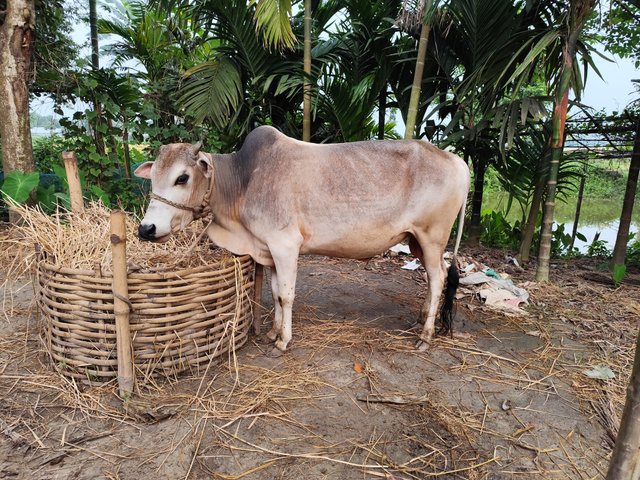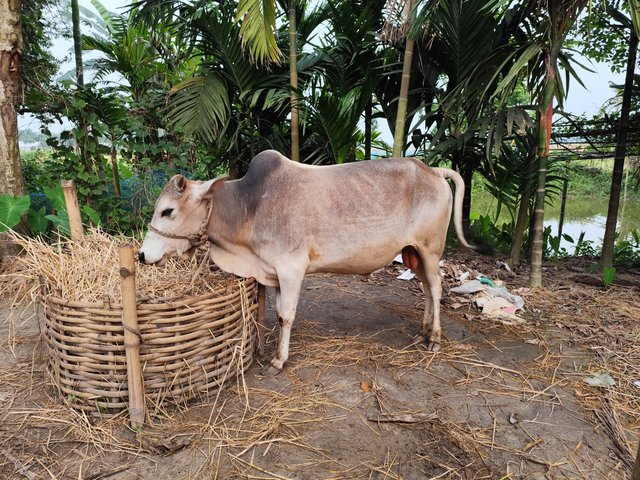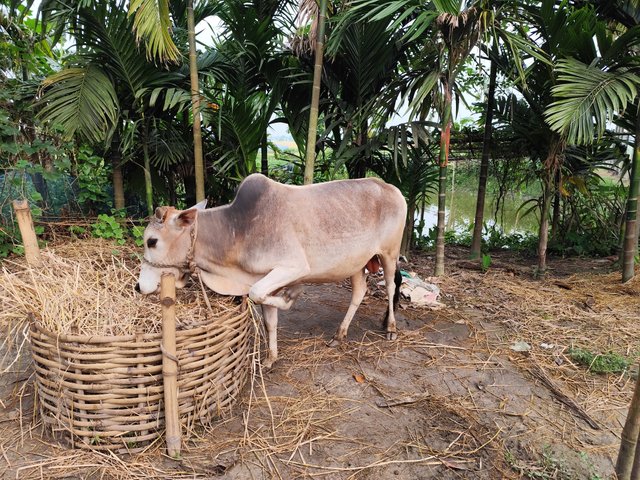Eid ul-Adha, also known as the "Festival of Sacrifice," stands as one of the most significant holidays in the Islamic calendar. This annual celebration, observed by millions of Muslims worldwide, commemorates the profound act of faith demonstrated by Prophet Ibrahim (Abraham) when he was willing to sacrifice his son Ismail (Ishmael) in obedience to God’s command. In a divine turn of events, God provided a ram to sacrifice instead, sparing Ismail and rewarding Ibrahim's devotion.




The essence of Eid ul-Adha lies in its rich traditions and the communal spirit it fosters. At its heart is the ritual sacrifice of an animal, usually a sheep, goat, or cow, symbolizing Ibrahim’s readiness to sacrifice his son. This act, known as Qurbani, is performed after the special Eid prayer, and the meat is distributed among family, friends, and those in need, ensuring that the joy of the festival is shared with all.
Eid ul-Adha is also a time for spiritual reflection and prayer. Muslims gather in large congregations for the special Eid prayer, which is often held in open spaces or large mosques to accommodate the throngs of worshippers. The prayer is followed by a sermon, which underscores the values of sacrifice, charity, and gratitude.